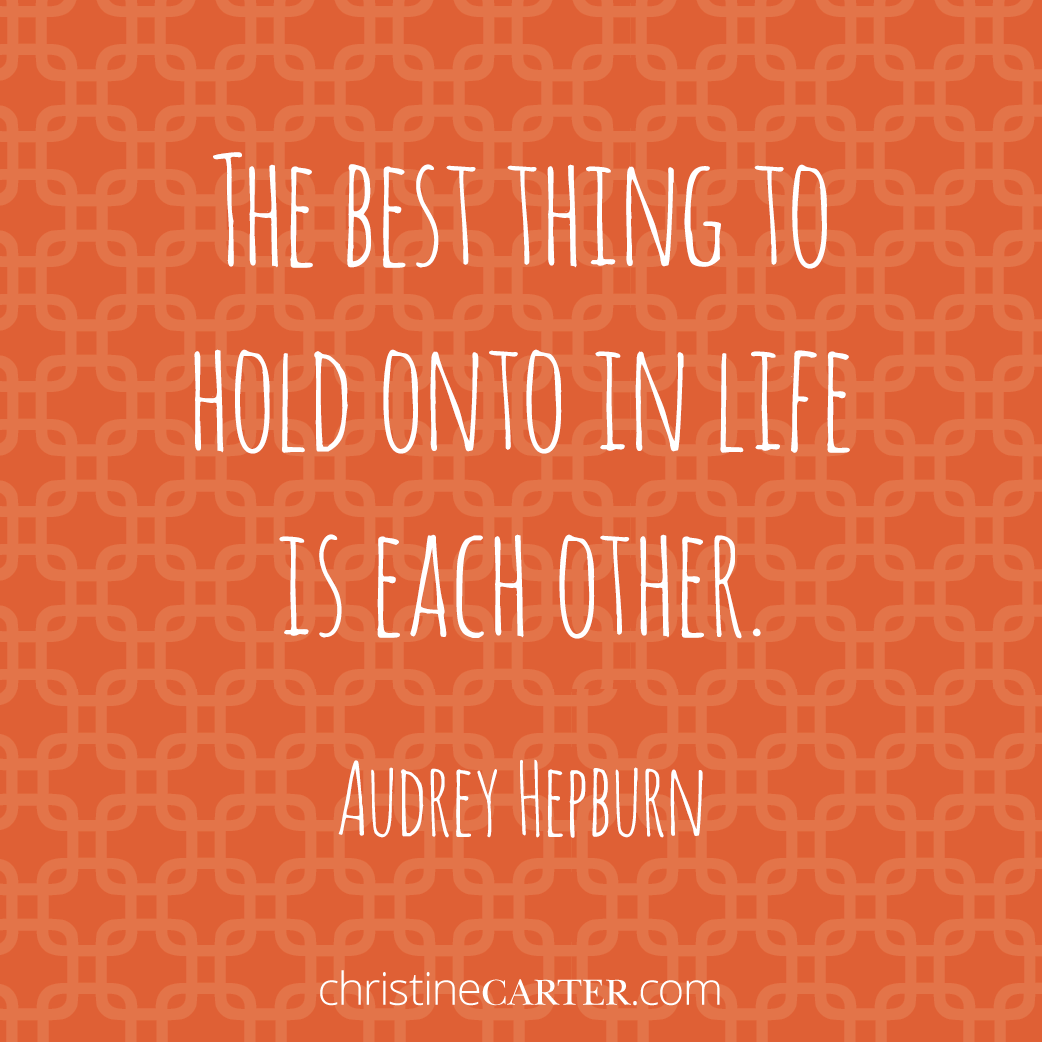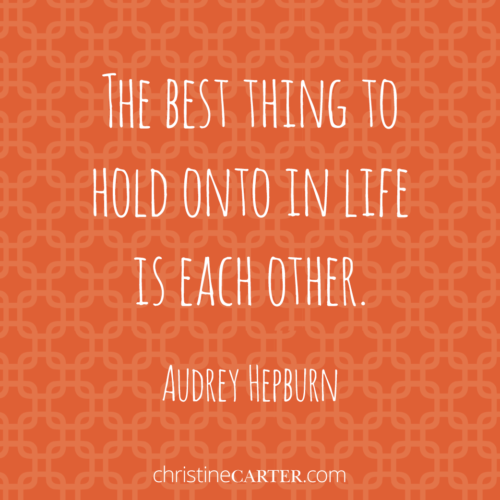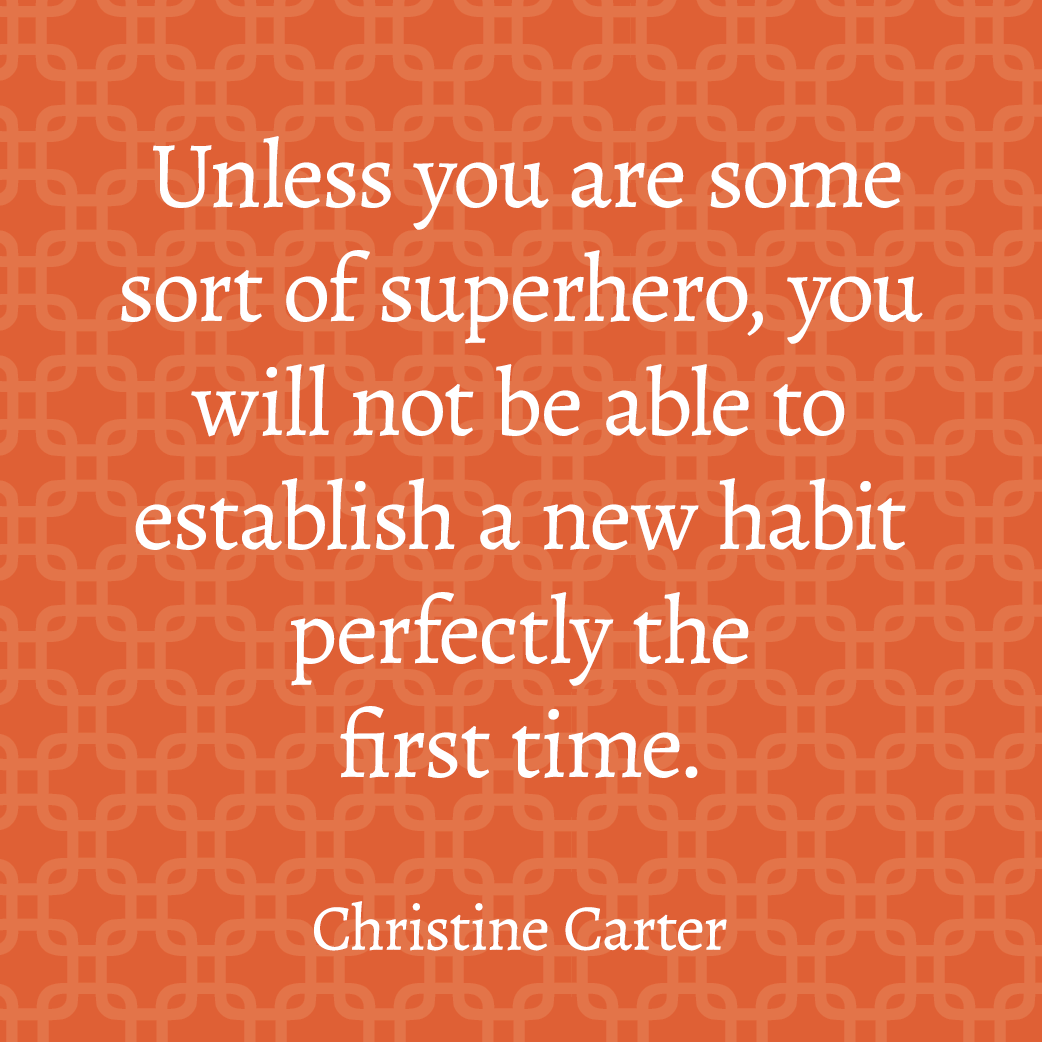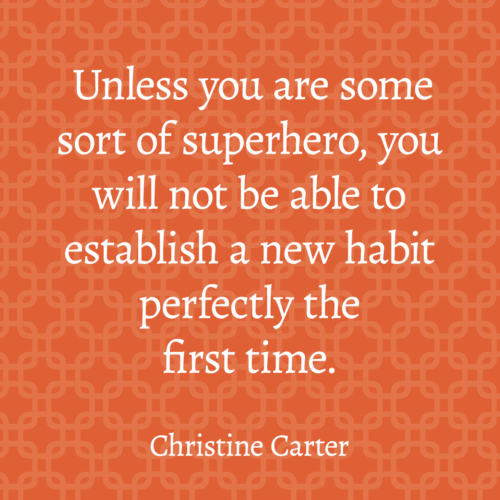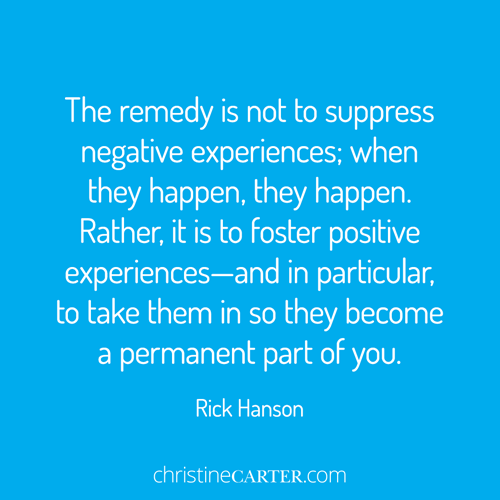How do you deal with a partner who doesn’t seem to appreciate all you do?
Dear Christine,
I’ve been happily married for over 15 years, and we have four beautiful children. We’re both flawed in our own special ways, but I keep coming back to the same issue with my husband: He doesn’t appreciate all I do for him.
I know running a household is a thankless job, but I could use a little thanks every once in a while. I work part-time and run the show at home for the whole gang, including for my husband. I often find myself doing things to help him feel happier and healthier—and anticipating and mitigating situations that have made him feel unhappy in the past. He has his strengths, and his charms, but he is not a low-maintenance guy.
My husband recently started a ketogenic diet as a way to feel better physically and improve his mood. Since I know it’s a big change for him, I decided I’d do it along with him so that I could help identify and prepare the foods that he can eat. I’ve been lovingly researching, shopping for, and cooking very low-carb foods so that he can achieve his goals. Last night, I even baked a loaf of no-carb bread.
My efforts have been met with complaints about the “stupid diet” rather than gratitude. My 11-year-old son was so put off by his dad’s behavior that he actually pointed it out to his dad.
In our big moments, my husband shares deep gratitude for me and all that I do, but I can’t help but feel these smaller, more common exchanges as slights and that they are damaging our relationship. I know I can’t change him, and that trying to do so is a fool’s errand. But I can’t help wanting what I think I deserve.
Do you have any advice for me?
Keto Mom and Resenting It
Dear Keto Mom,
Can you feel the legions of hardworking, nurturing, and resentful wives wanting a little gratitude alongside you? I sure can; I’ve been there myself.
We expect that our husbands will not take us for granted, and it hurts when they do. Research shows that when we express gratitude in our relationships, we become more attuned to our spouse’s efforts on our behalf. I understand why you are hoping for a little more attunement to all the work you do to “run the show” in your household, why you expect a little appreciation. Even your 11-year-old son agrees that you are entitled to a little thanks.
But feeling entitled to gratitude is tricky, because entitlement is the opposite of gratitude—and rarely do we attract the opposite of what we feel. Just as your husband isn’t fostering your affection by complaining about the food you’ve worked to prepare for him, your entitlement (and the resulting resentment) won’t likely generate his appreciation.
Since you can’t change your husband—as you note, trying to change a grown man is a fool’s errand, not because they don’t change but because we can’t force change in other people—you’ll have to change yourself.
How? Does that mean just giving up? Well, in a sense—yes. My best advice is to stop doing what puts him in the camp of owing you. Step out of the “If I do X for you, then you owe me Y,” where Y is a certain dose of gratitude. (Or maybe gratitude and a foot rub.)
Specifically, stop mothering him. If he wants to put himself on one of the most restrictive and challenging diets out there, he can do that. You can applaud his desire to be happier and healthier. You can support him emotionally. You can even support him practically, by preparing the right foods—if he asks you for your help, and if you really, really in your heart of hearts want to do it for him, because you will enjoy helping him.
But you can’t do the diet for him in the way that you would with, say, a diabetic toddler. Your husband is old enough to do his own research and make his own grocery lists. If he needs help with the shopping and cooking, let him ask you for specific favors. Decide on an individual basis which tasks you want to help him with. Don’t do any that will make you feel put out or burdened.
If you’d like to join him in taking on a ketogenic diet for your own health, or maybe because you think it would be a bonding thing to do with your strong and charming husband, you can, of course, choose to do that. Let me say that again: You can choose to do the diet, too, and to support him in it—but you don’t have to.
It’s important for you both that you understand that you are not obligated to take on his keto project—a major undertaking—along with your job and being the primary caregiver for your four kids. You are not trapped in a role you didn’t choose. You are not a victim to his dieting whims, or his bad moods, or his health problems. As such, he doesn’t owe you gratitude.
It would be nice if he were grateful, of course. But I suspect he doesn’t feel grateful in part because that would make him feel beholden to you, maybe even a little infantilized. When you take over his diet, it robs him of his sense of control over his own health and his mood. With you at the helm, if he’s successful at the diet, on some level he’ll have to give you credit for it.
This is tricky. Sometimes, when we overhelp people, we unconsciously send them the message that we believe that they can’t do it without us. This can make them feel criticized, or like they need fixing, and that can hurt. People don’t tend to appreciate it when their spouses (or friends or parents or children) don’t accept them as they are.
But to us, it can feel good to help the people around us whom we see as needing help. Supporting others, even when we don’t really want to, makes us feel like good people. Helping, especially when we haven’t really been invited to help, gives us a false sense of power, and it can distract us from our own problems. This is why Annie Lamott says that “help is the sunny side of control.”
Moreover: “Helping” your husband when you expect something in return, even if all you expect is gratitude, makes your marriage more transactional than romantic. Most people today find transactional marriages inherently unsatisfying. They’re the stuff of martyrs, the story of happiness thwarted by involuntary self-sacrifice.
Fortunately, you can still aid Keto Dad in his quest for health and happiness by supporting the three basic psychological needs related to self-motivation: autonomy, competence, and relatedness.
Support his autonomy by letting him retain control over his diet. Show him that you see him as fully capable of making his own choices and solving his own problems. Ask him questions that help him build a vision for success and that help him focus on what he does want, not what he doesn’t. What does success look like? How is he hoping to feel? And what will he need to do to succeed? Where will he need to ask for the help of others?
You can encourage his competence by helping him build the skills he needs—as I’m sure you’ve discovered, a ketogenic diet requires a high degree of knowledge about macronutrients, and a lot of meal planning and cooking. Does he want you to teach him what you’ve learned? Share the recipes or websites you’ve found helpful? No? Then don’t worry about it.
Finally, you can foster relatedness by getting your kids and other family members involved. How can you make it fun to do together? Maybe your family simply enjoys the food he cooks, or perhaps you set up a cooking “date night” with him. Or maybe you want to start some sort of “keto challenge” in your extended family if there are others who share his goals.
The most loving and constructive thing you can do might simply be to root for Keto Dad from the sidelines. If you do nothing else, don’t forget to celebrate his successes—perhaps with a ketogenic flourless chocolate cake.
Yours,

Dear Christine is Greater Good’s advice column, where sociologist and coach Christine Carter responds to your questions about marriage, parenting, happiness, work, family, and, well, life. Want to submit a question? Email advice@christinecarter.flywheelsites.com.
GET DEAR CHRISTINE IN YOUR INBOX!
Sign up for my monthly email list (that’s right: it’s only one email per month) to receive notifications of new columns.





